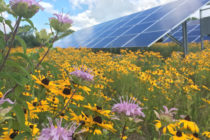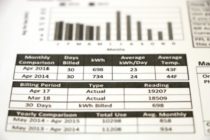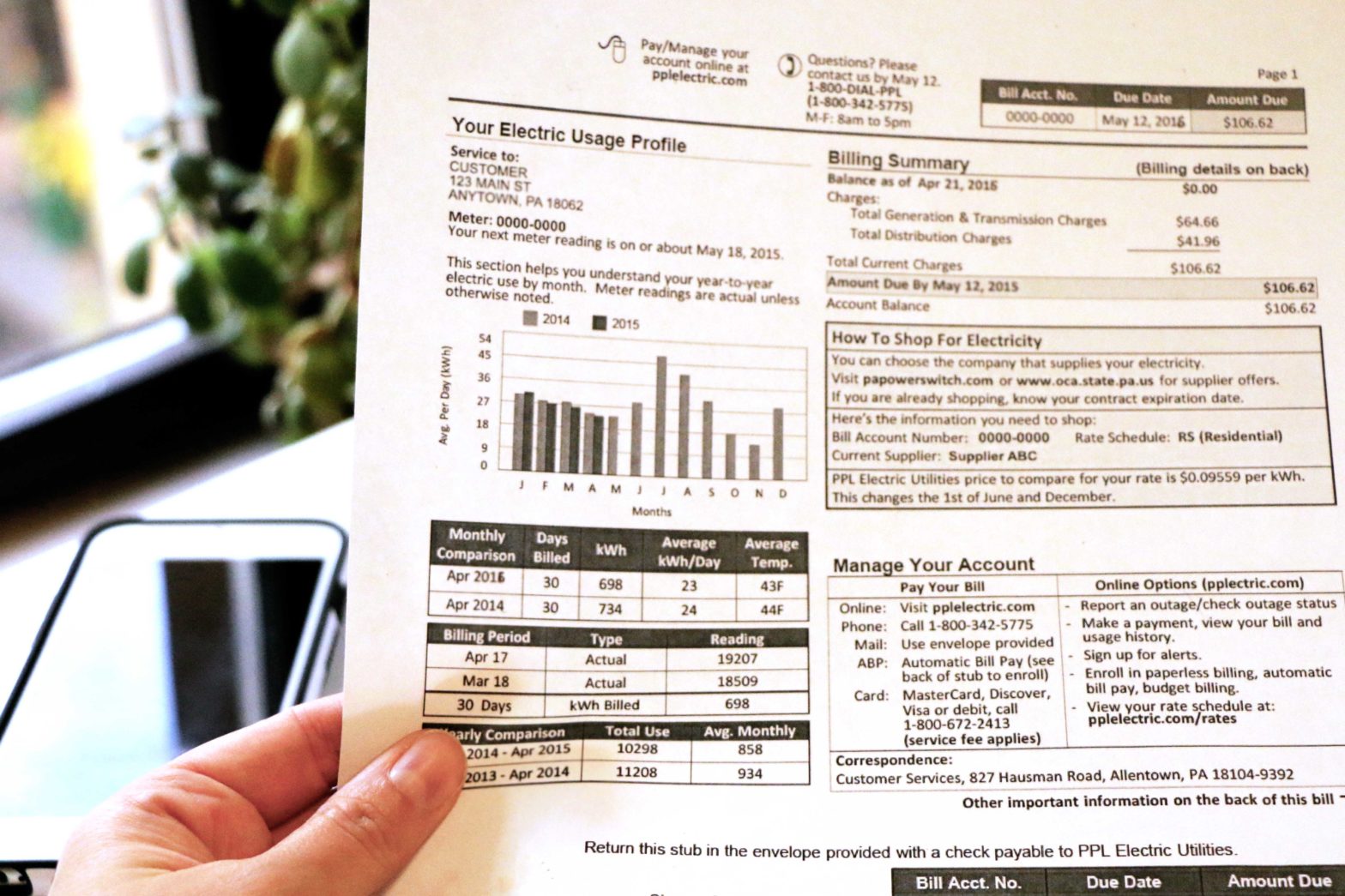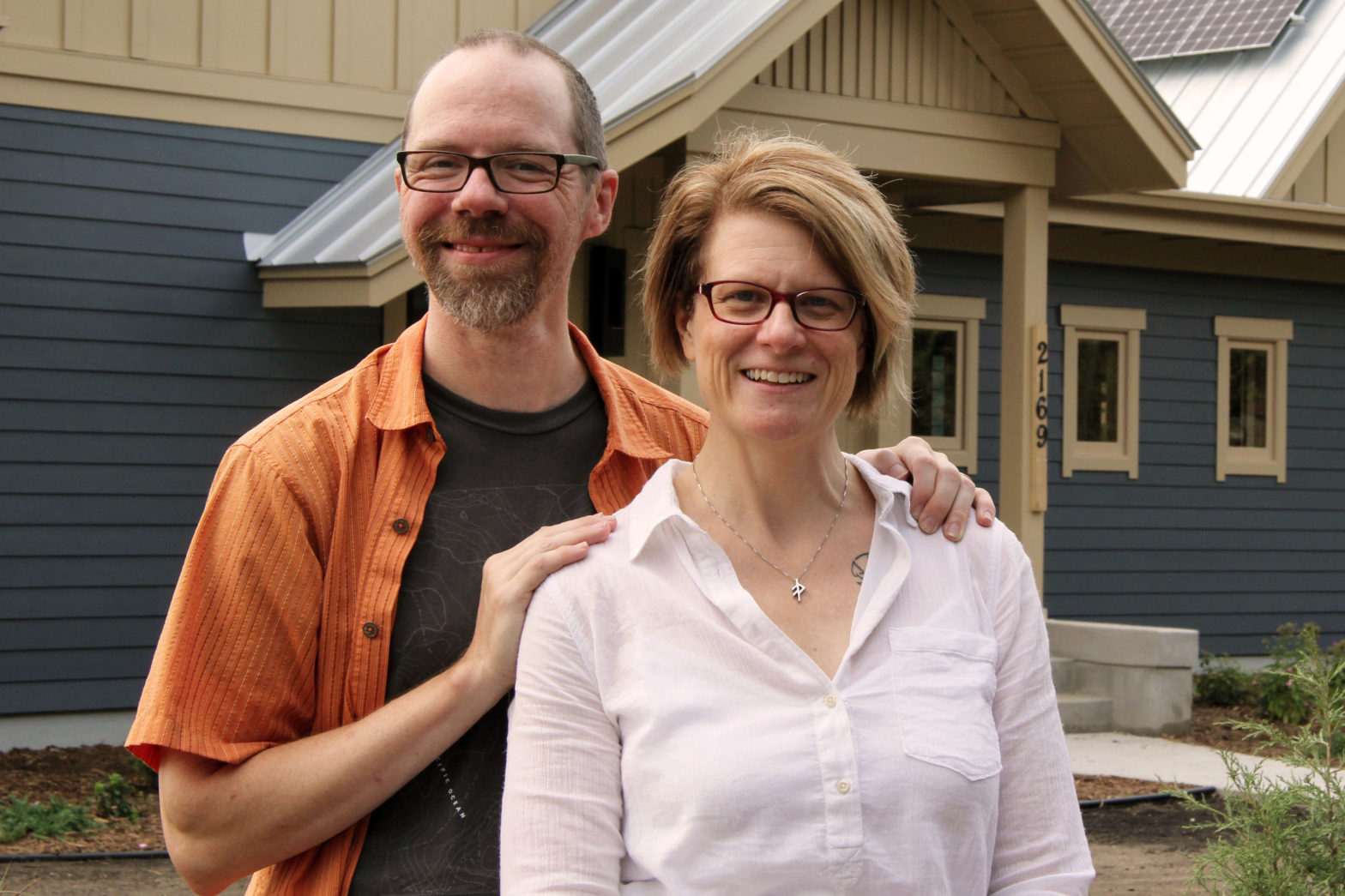2016 was the first year of Minnesota’s solar bloom — but there’s plenty more to come. While even more solar sites are planned to be built in the years ahead, tens of millions of native flowers and short-growing meadow grasses will be taking root under and around the panels. Look for black-eyed susans to develop faster than the rest, followed by purple prairie clover, partridge pea, butterfly weed, and more.
Recent News
Built for the Future: Celebrating 25 years of progress on energy efficient buildings
Fresh Energy’s Built for the Future Power Pairing event brought together two leaders with unique perspectives on high efficiency homes. Find out what they had to say.
How marginal cost pricing impacts rates
Rate design has become a primary focus of utility policy due to its impact on how customers use and pay for the energy they receive. Get the details.
Energy Matters Autumn 2016
Read the Autumn 2016 issue of Energy Matters- Fresh Energy’s print journal.
Avoided cost utilized in solar pricing after decades of impacting conservation
This summer, Minnesota became the first state in the nation to adopt a value of solar (VOS) tariff. This methodology, in contrast with net metering for solar generation, has a 25-year bill credit schedule rather than simply mirroring the retail rate as it fluctuates over time. While factoring in avoided cost may be a new idea for solar, factoring in the value of avoided cost has been used to analyze energy efficiency programs for over 40 years.
Powering our future with clean electricity
Mark and Kate Hanson’s home home is so energy efficient that their rooftop solar produces enough power to meet all of their energy needs and charge two electric vehicles. Read their story.





